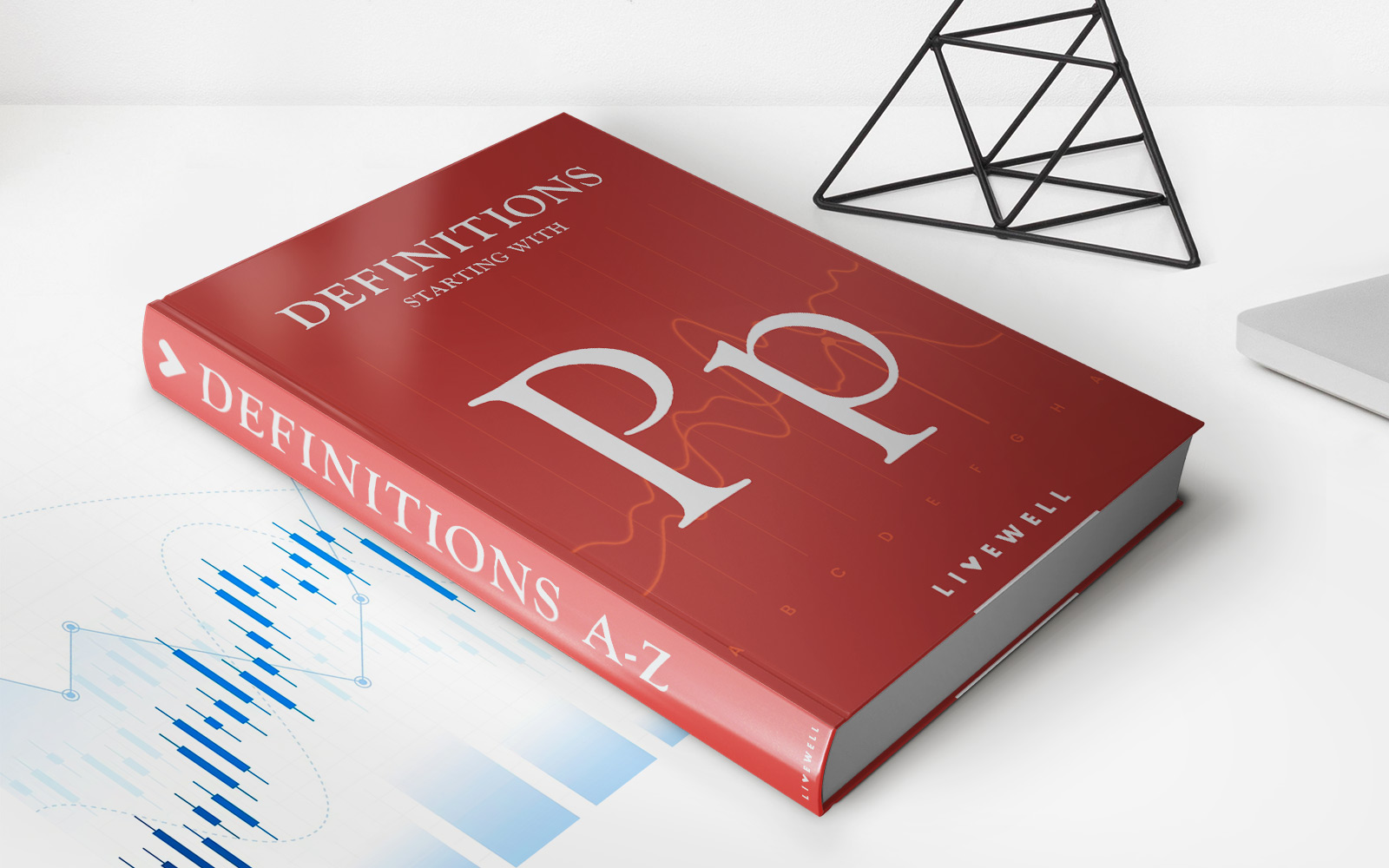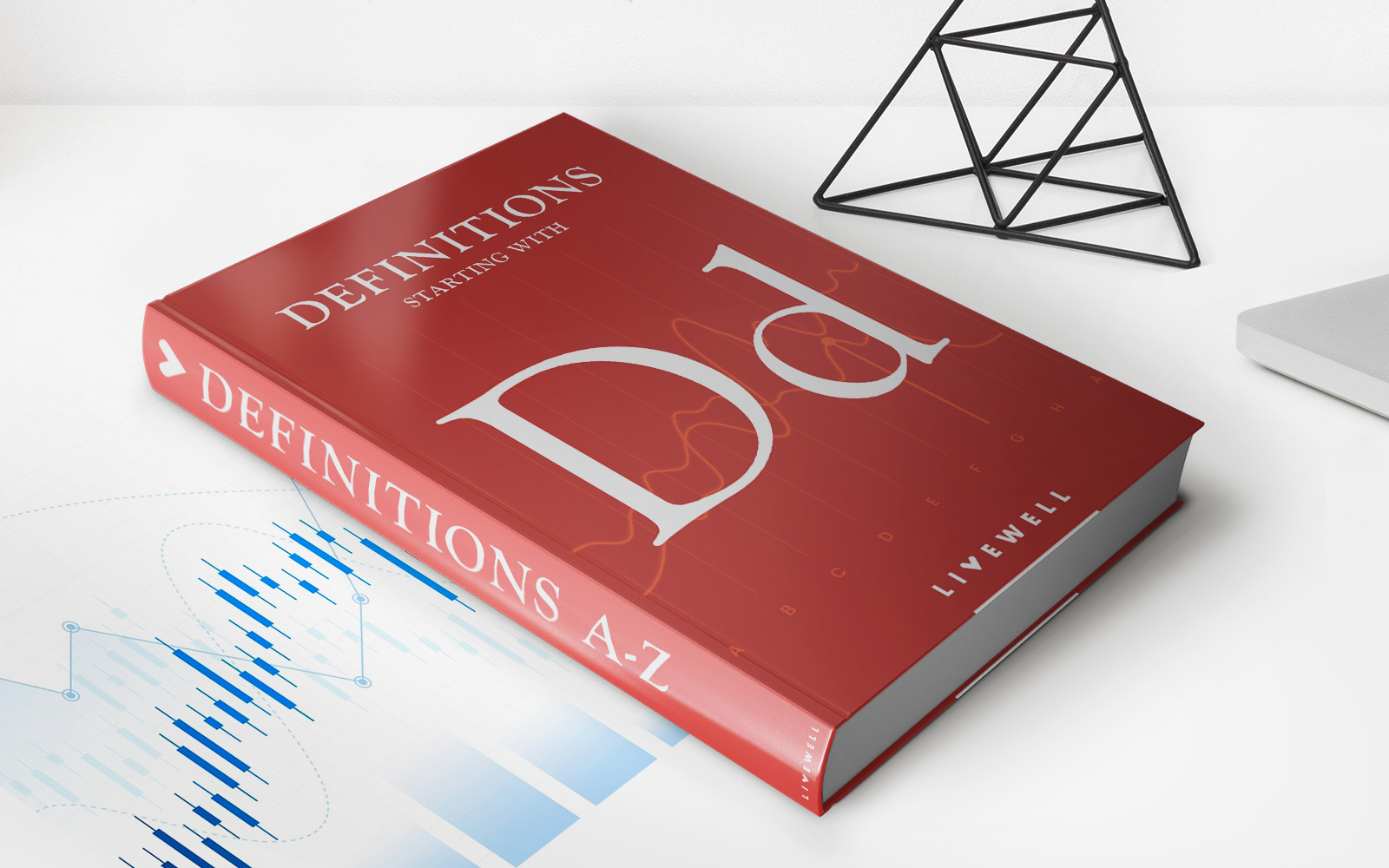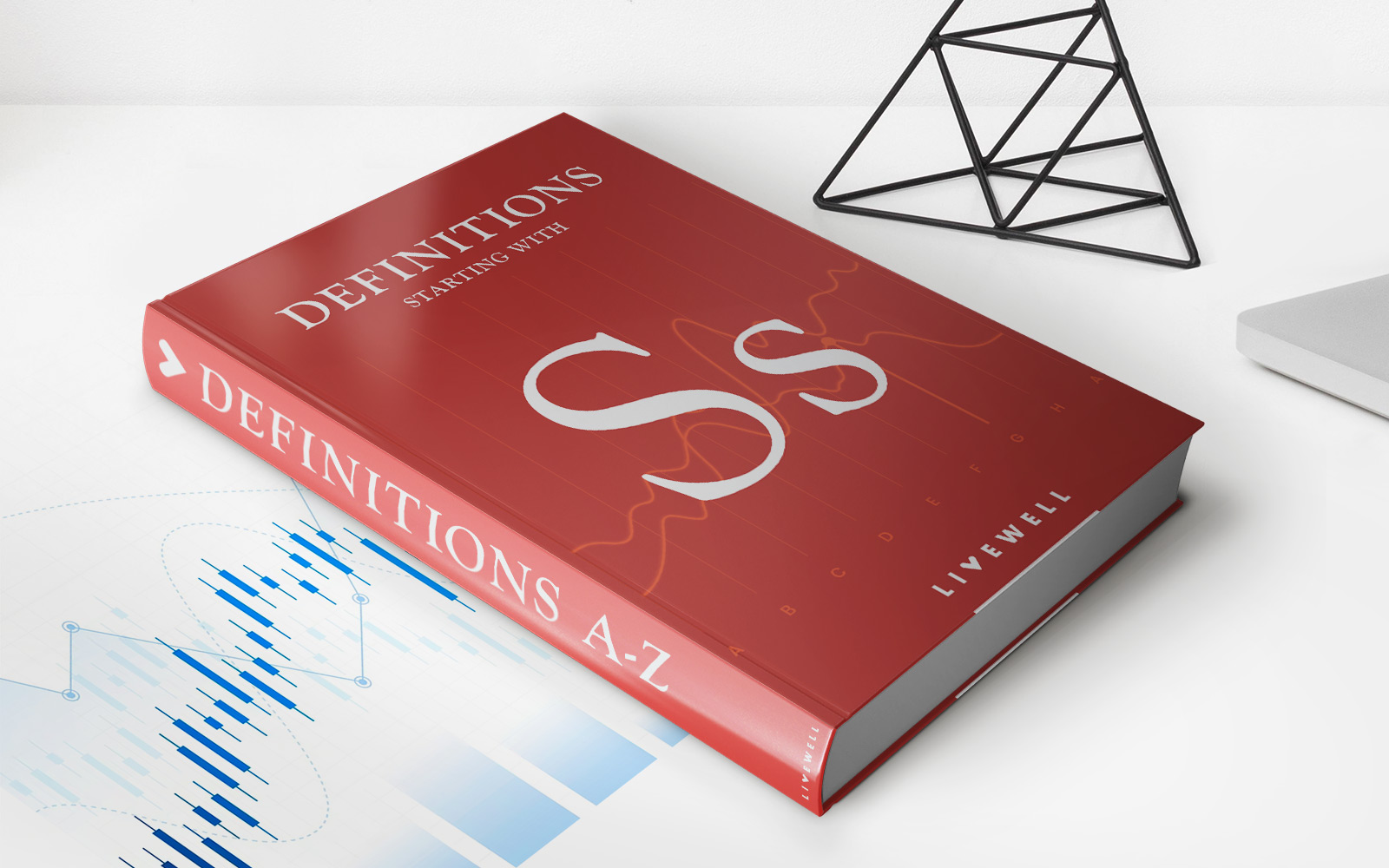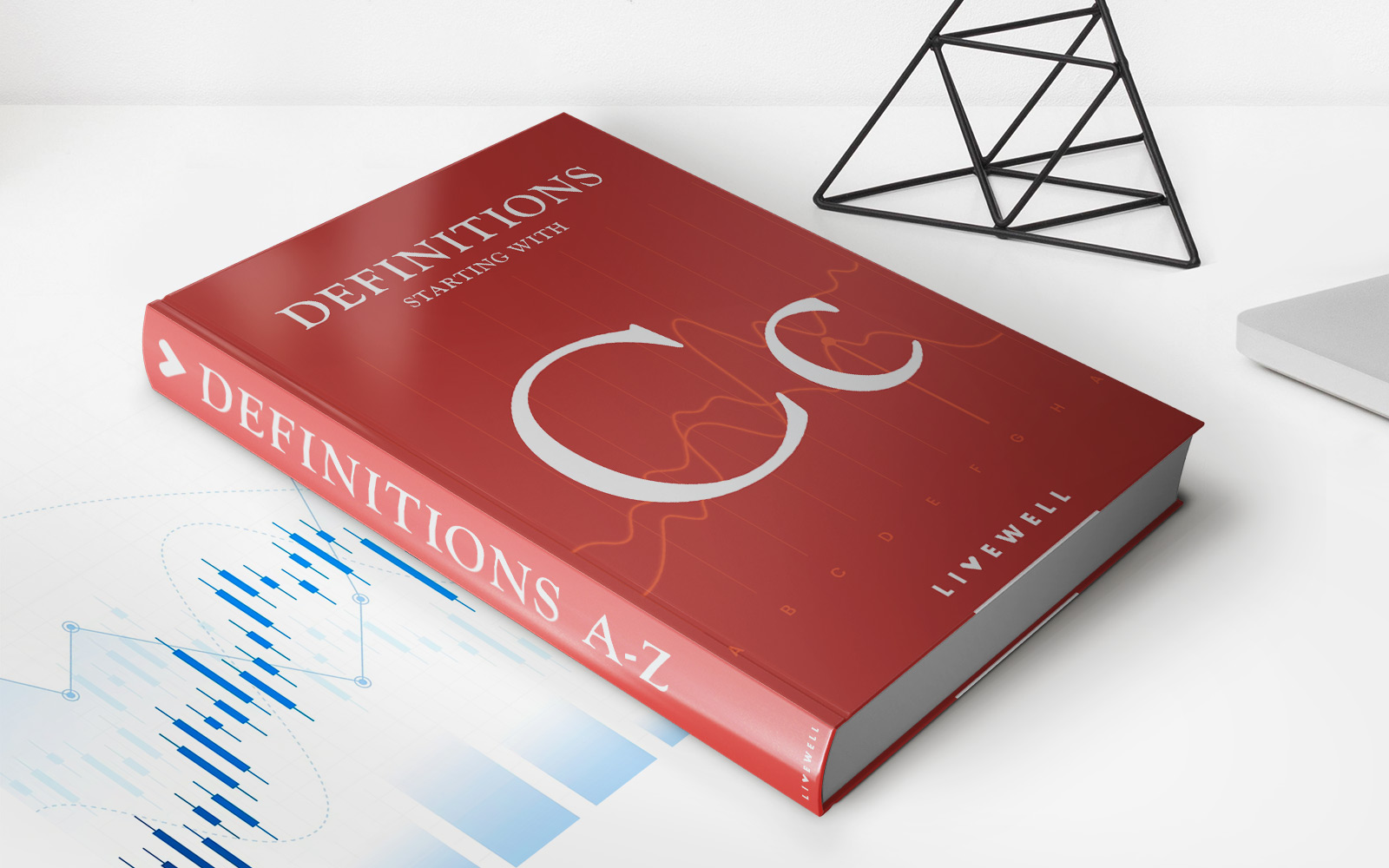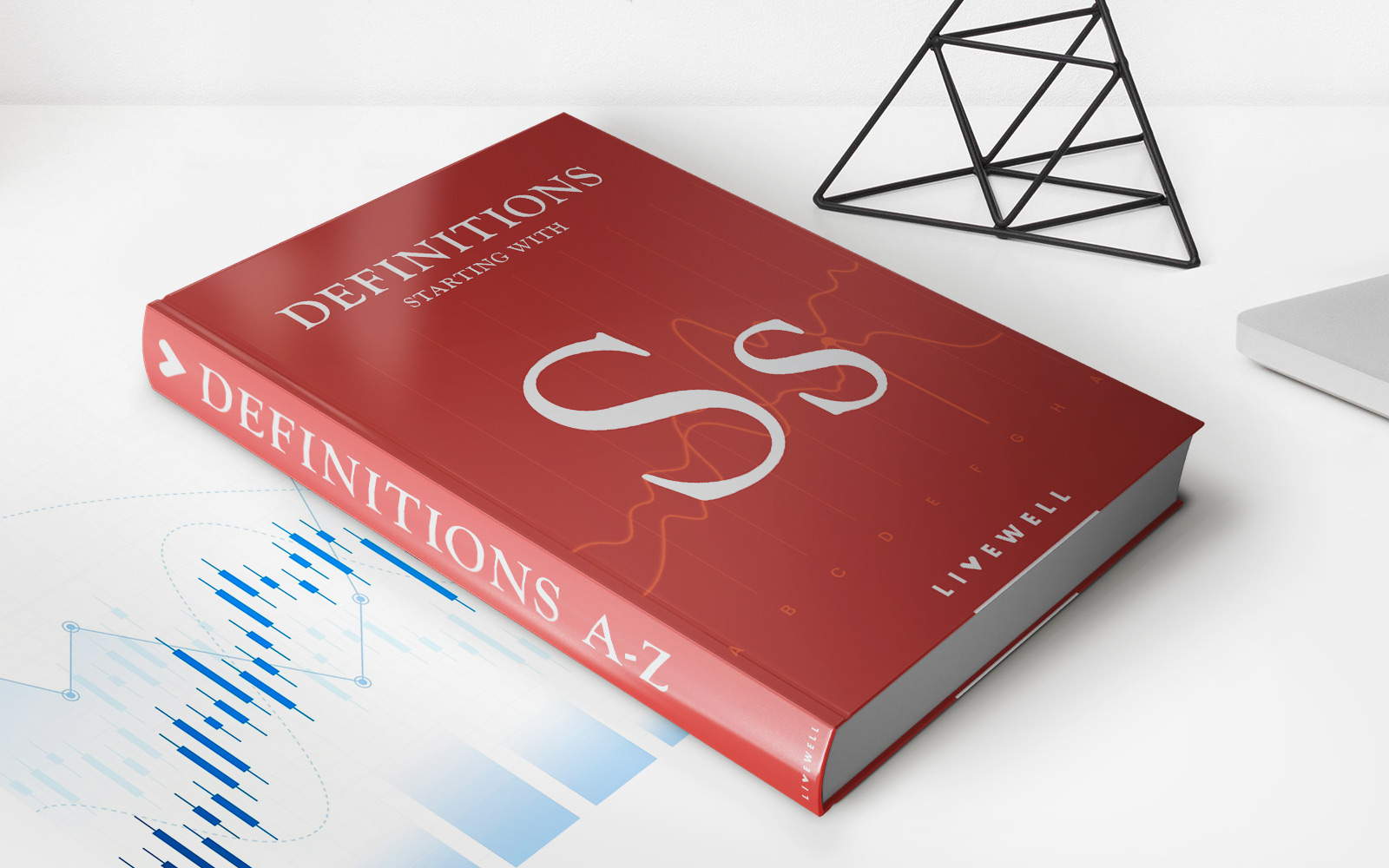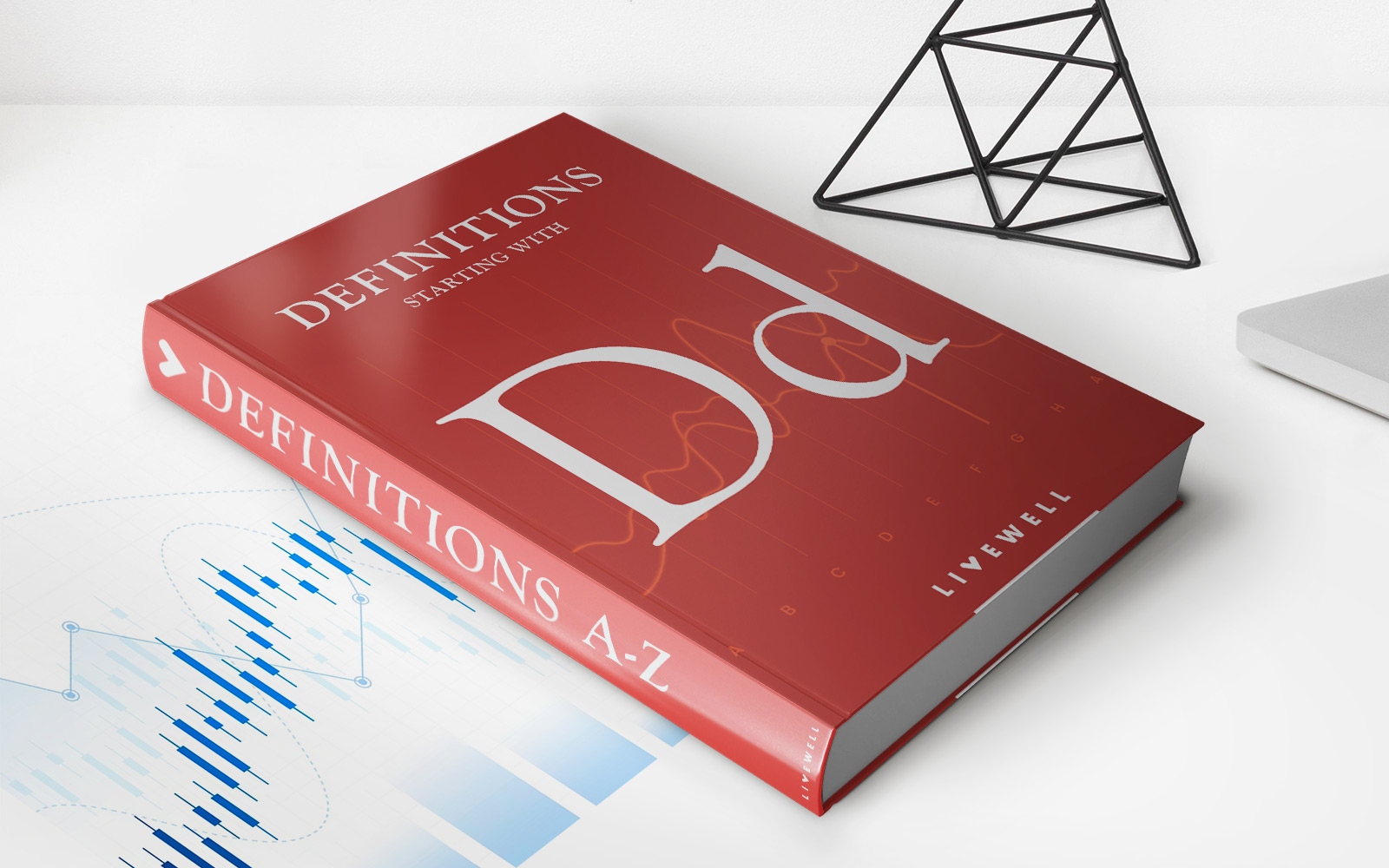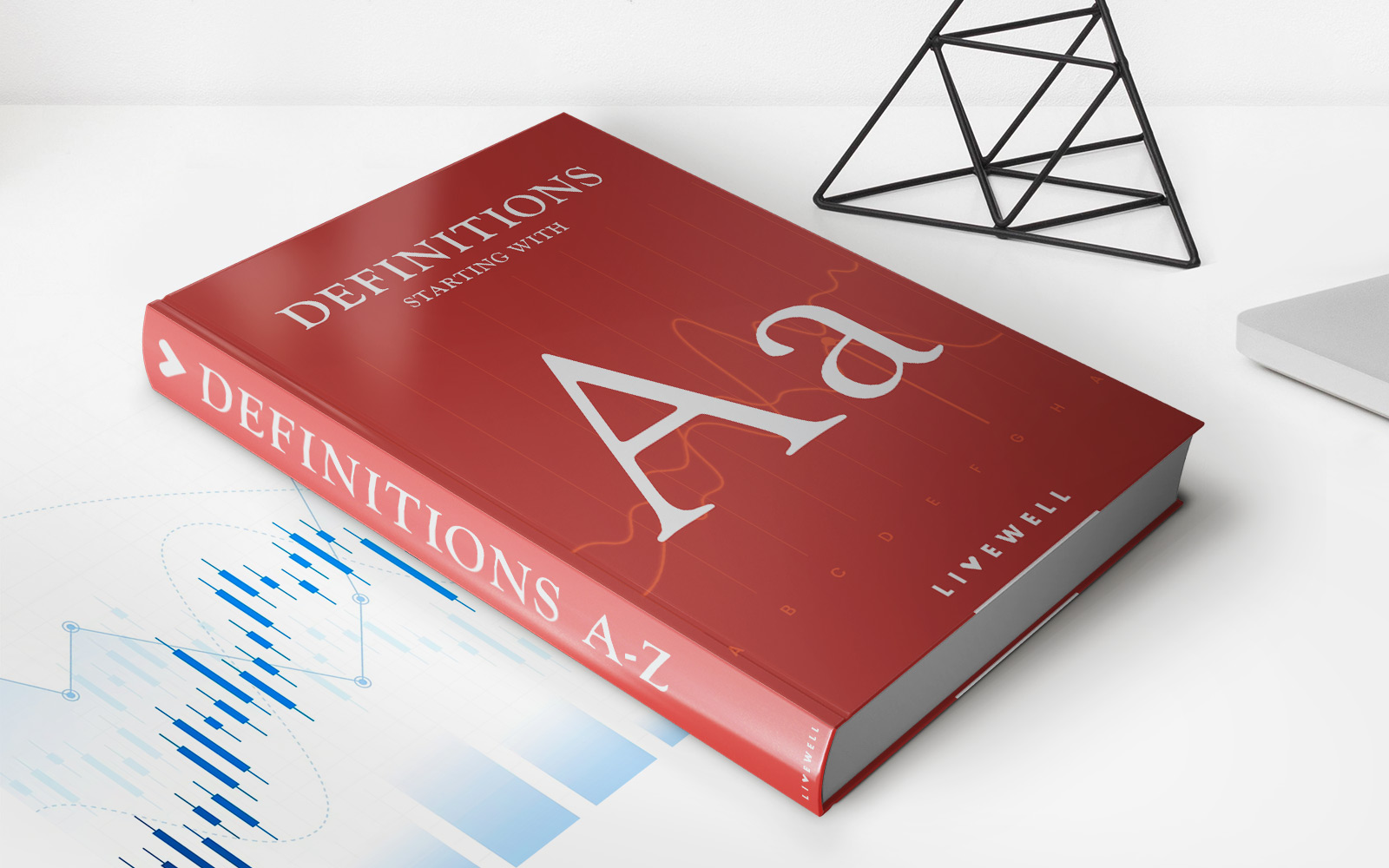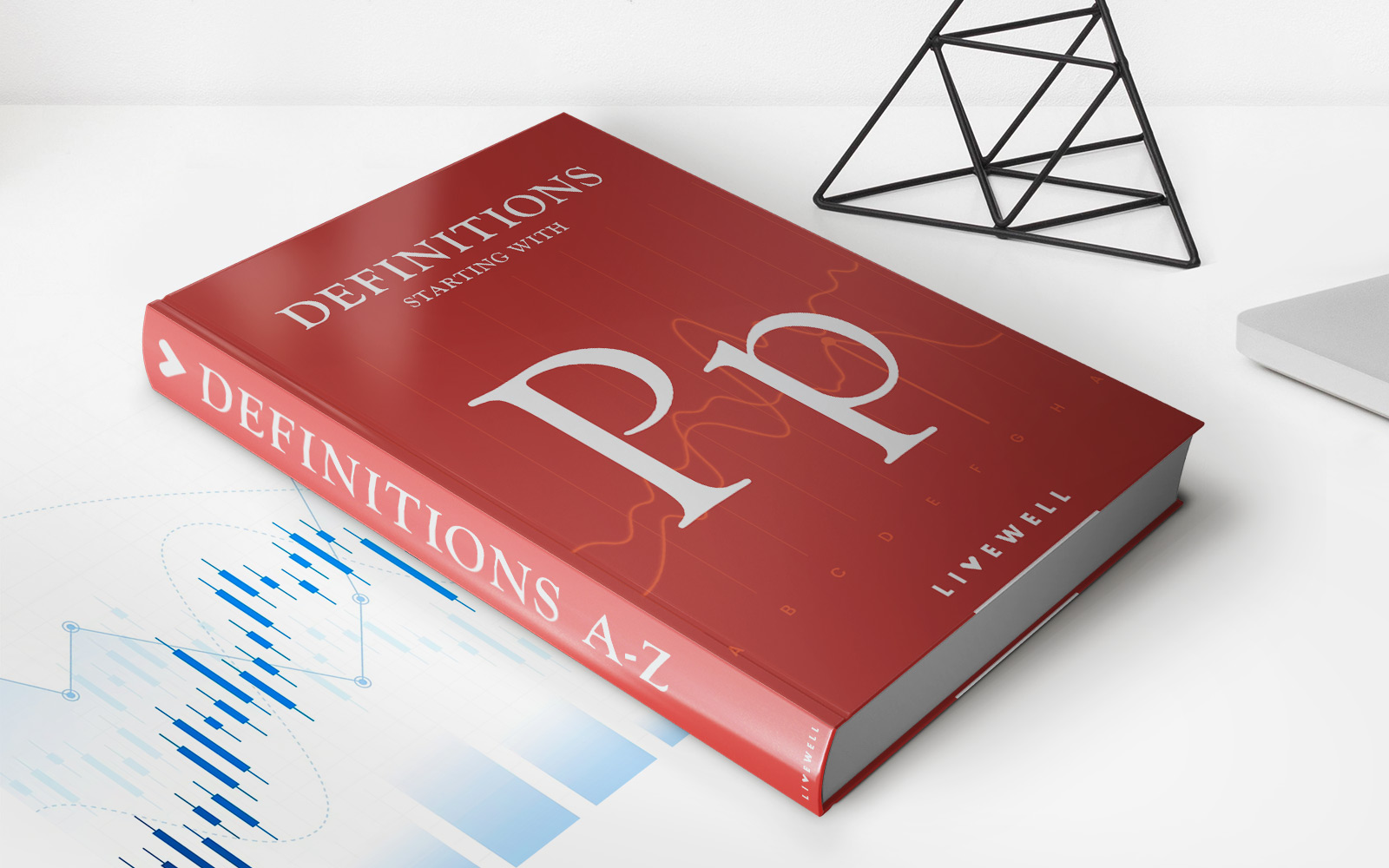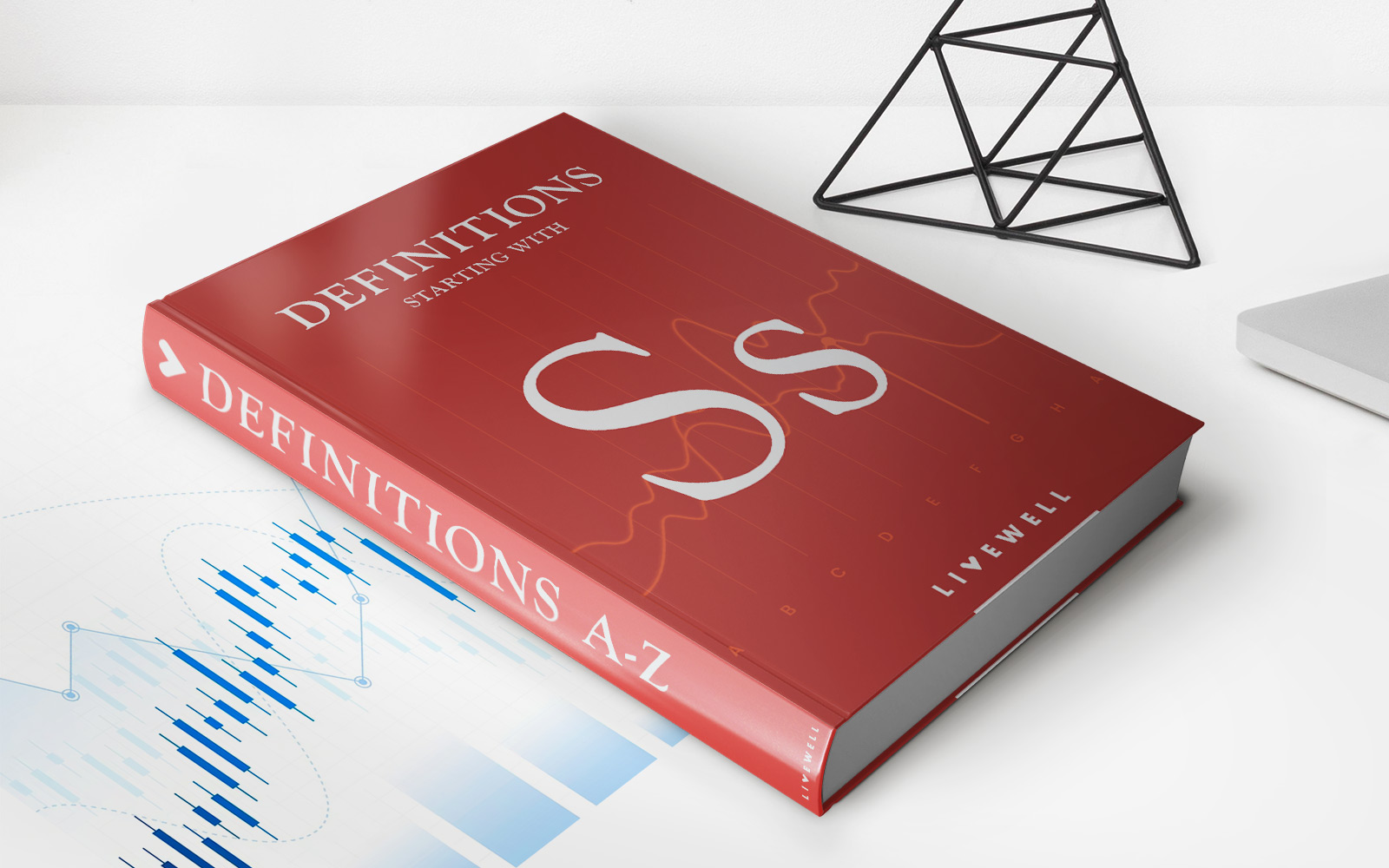

Finance
Small Trader Definition
Published: January 30, 2024
Learn the small trader definition in finance and how it impacts the financial market. Master the art of small-scale trading for a successful financial future.
(Many of the links in this article redirect to a specific reviewed product. Your purchase of these products through affiliate links helps to generate commission for LiveWell, at no extra cost. Learn more)
What Is a Small Trader? Understanding the Definition and Its Implications
When it comes to financial markets, there are various terms and categories that can sometimes be confusing. One such term is “small trader.” But what does it mean to be a small trader? And how does this designation affect one’s activities in the financial world? In this blog post, we will delve into the definition of a small trader and shed light on its implications.
Key Takeaways:
- A small trader is an individual or entity that engages in buying and selling financial instruments in relatively small volumes.
- Small traders typically trade with their own personal funds and focus on shorter-term investment strategies.
Now that we have established the key takeaways, let’s explore the concept of a small trader in more detail.
What is a Small Trader?
A small trader is generally an individual or entity that engages in buying and selling financial instruments, such as stocks, bonds, commodities, or currencies, but does so in relatively small volumes. Unlike institutional investors or hedge funds that deal with large amounts of capital, small traders typically trade with their own personal funds and focus on shorter-term investment strategies. This often involves taking advantage of market volatility to generate modest but consistent profits.
What are the Implications for Small Traders?
Being considered a small trader has several implications. Here are a few to consider:
- Capital Requirements: Small traders may not have the same financial resources as large institutional investors. Therefore, they often need to work within the confines of their available capital, which can limit the size of their trades and overall investment strategies.
- Regulatory Considerations: Financial regulations may have specific provisions that apply to small traders. For example, certain jurisdictions may require small traders to register as investment advisers or meet specific reporting requirements.
- Focus on Short-Term Gains: Small traders often focus on shorter-term investment strategies, seeking to capture profits within a relatively short period. This can involve frequent buying and selling of financial instruments based on technical or fundamental analysis, as well as staying informed about market news and trends.
- Risk Management: With limited capital, risk management becomes crucial for small traders. They need to carefully assess the risk associated with each trade, use stop-loss orders to limit potential losses, and diversify their portfolio to spread risk.
By understanding these implications, small traders can navigate the financial markets more effectively and make informed decisions that align with their investment goals and risk tolerance.
In conclusion, a small trader is an individual or entity that engages in buying and selling financial instruments in relatively small volumes, typically with their own personal funds. While there may be certain limitations and regulatory considerations for small traders, they can still capitalize on market opportunities and achieve their financial objectives through diligent risk management and sound investment strategies.
Do you consider yourself a small trader? Share your experiences and insights in the comments below!


